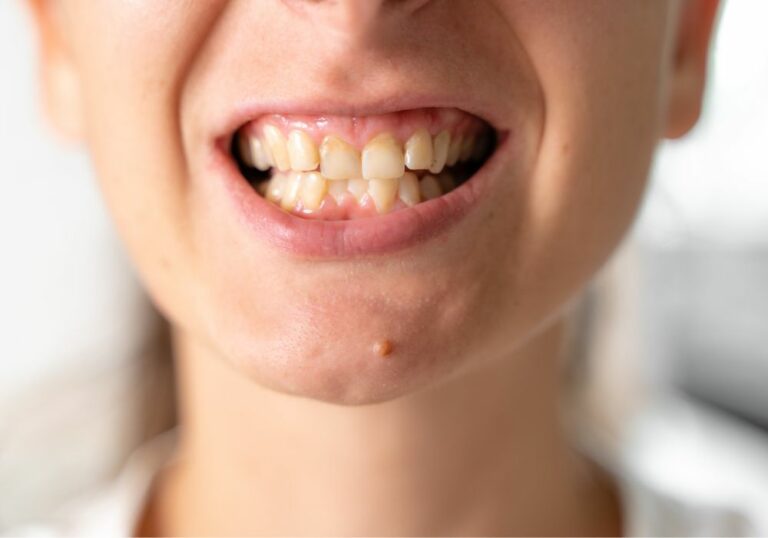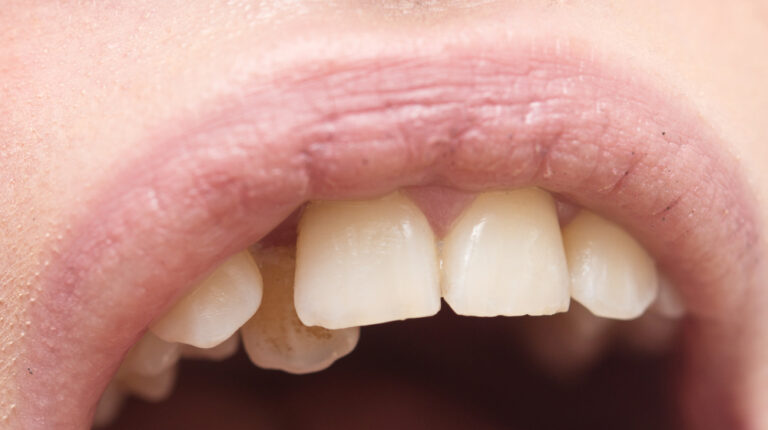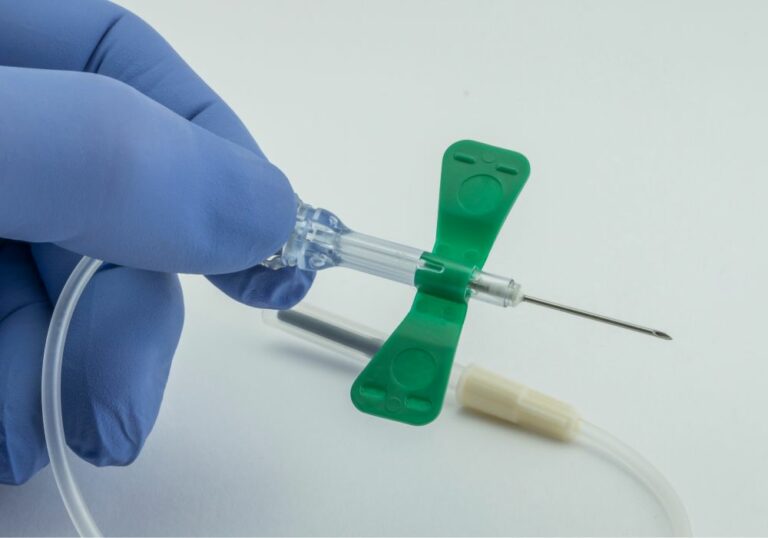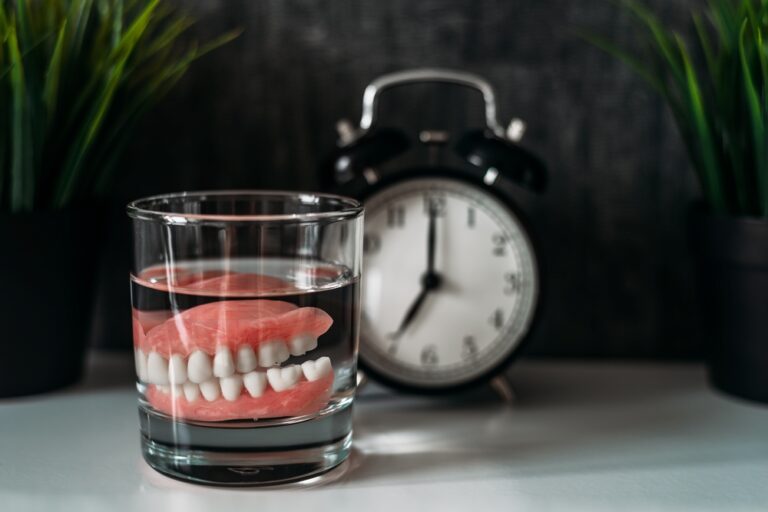For those unhappy with minor imperfections in their smile, veneers often come to mind as an effective solution. But did you know you can subtly enhance and reshape your teeth without veneers or other major dental work? Teeth reshaping, also called dental contouring, is a simple procedure that removes small amounts of enamel to alter the length, shape, or surface of teeth. It can correct small flaws, improve symmetry, and make subtle yet noticeable improvements in your smile line.
What Exactly is Teeth Reshaping?
Teeth reshaping is a quick cosmetic dental procedure that sculpts the enamel of teeth for aesthetic benefits. An experienced cosmetic dentist uses a dental drill or handheld abrasive tool to remove microscopic layers of enamel in order to change the shape, angle or length of teeth. It is a meticulous process which artfully alters the contours and edges of teeth to address imperfections.
After removing the necessary enamel, your teeth will be smoothed out and polished to a shiny finish. The results are natural looking since only a minimal amount of tooth structure is removed. Unlike dental bonding or veneers, teeth reshaping doesn’t add any material to or cover the teeth. By selectively removing enamel, minor issues can be resolved and proportions balanced for a beautiful smile.
How Does the Reshaping Process Work?
Teeth reshaping is performed right in your dentist’s chair. The appointment typically takes 30 minutes to 1 hour from start to finish. Here is an overview of the simple teeth reshaping process:
- Your teeth will be cleaned and thoroughly dried.
- Your dentist will assess your smile’s imperfections and mark the specific areas of enamel to be reduced. This allows you to preview the planned improvements.
- Local anesthesia may be used as needed to numb areas being contoured.
- Using a dental drill with a fine-tipped diamond burr or an abrasive shaping instrument, your dentist will carefully remove thin layers of enamel. This process slowly alters the length, shape and edges of teeth.
- Your dentist will take frequent measurements and examine symmetry as recontouring progresses.
- Once ideal aesthetics are achieved, polishing points and cups will smooth and shine the newly contoured teeth.
- Your bite may be checked and adjusted as needed.
- Additional polishing provides a beautiful, light-reflecting surface on the reshaped teeth.
Patients are often amazed by the skillful eye and delicate touch dentists exhibit while performing teeth reshaping procedures. The results highlight and enhance your most attractive features for a refreshed, youthful smile.
What Kind of Imperfections Can Be Corrected?
Dental contouring can improve a variety of minor to moderate imperfections for a more pleasing smile. Here are some examples:
- Closes small gaps: Reshaping the edges of neighboring teeth can remove spaces between them for a continuous smile line.
- Evens overlapping teeth: Enamel can be selectively removed to smooth out uneven teeth that overlap each other.
- Corrects uneven teeth: Gently abrasive strips are used to smooth and round out lumpy or asymmetrical tooth edges.
- Reshapes discolored teeth: Small amounts of enamel can be removed to get rid of stains and discoloration, improving overall color.
- Corrects chipped teeth: Reshaping rounds out small chips and cracks, making them less noticeable.
- Shortens overly long teeth: Your dentist can recontour longer teeth to shorten their appearance as desired.
- Subtly evens gummy smiles: Enamel is reduced at the gumline to make excessively gummy teeth appear shorter.
- Creates symmetry: Misshapen teeth can be recontoured so that the shape, sizes and lengths mirror surrounding teeth.
In many cases, combining teeth reshaping with professional teeth whitening provides even more dramatic smile transformations.
What Are the Benefits of Dental Contouring?

Compared to other cosmetic dentistry treatments, teeth reshaping offers the following noteworthy benefits:
- Minimal removal of tooth enamel: Only a thin outer layer of enamel is removed, making it an ultra-conservative approach.
- No need for anesthesia: Since enamel is removed slowly and carefully, local anesthesia is usually not required. This also allows you to drive yourself home afterward.
- No dental lab: No impressions or temporaries are required. Your dentist performs everything, so you get same-day results.
- Affordability: Teeth reshaping can cost as little as $50-$350 per tooth, offering big improvements at a fraction of the cost of other options.
- Conservative outcomes: Reshaping provides subtle enhancements that appear seamlessly natural. Veneers can sometimes look too perfect and artificial.
- Preserves teeth: Your natural enamel remains largely intact, allowing for possible future treatments on top of it.
- Shortens teeth: Enamel removal can shorten the appearance of teeth, without the need for orthodontics or gum surgery.
- Long-lasting results: With good oral hygiene, recontoured teeth can retain their new shape for over 10 years. Some minor touch-ups may eventually be needed.
Teeth reshaping delivers an affordable and minimally invasive option for enhancing your smile line and correcting minor imperfections. The treatment requires an artistic eye and a delicate approach for the best aesthetic results.
Ideal Candidates for Tooth Reshaping
In general, ideal teeth reshaping candidates have:
- Mild to moderate imperfections in their smile, like minor spacing, overlapping, uneveness, or excess length
- Teeth that are healthy overall and adequately thick in enamel
- Realistic cosmetic goals for subtle improvements only
- Discolored teeth that require just surface enamel removal to improve appearance
- An aversion to major dental treatments like veneers or orthodontics
- Budget limitations but desire some smile enhancement
- Unwillingness to commit to permanent alterations like veneers provide
During a smile evaluation, your dentist will assess if your specific condition allows for teeth reshaping. Factors like enamel thickness, extent of reshaping required, and presence of restorations may impact eligibility. Teeth reshaping works best for minor fixes only. More significant issues call for orthodontics or veneers instead.
Limitations of Teeth Reshaping to Consider
While dental contouring offers a simpler and more affordable alternative to veneers, there are some limitations to the procedure:
- Not recommended for teens: Reshaping should wait until adulthood when teeth are fully developed.
- Cannot fix major imperfections: Severely crooked, gapped or misaligned teeth require orthodontics.
- Limited enamel removal possible: Excessive thinning of teeth can lead to transparency or other issues.
- Results not entirely predictable: Some trial and error is involved. The final look cannot be guaranteed.
- Repeated procedures often needed: As enamel ages and teeth shift, touch-ups may be required every 5-10 years.
- Can’t lengthen short teeth significantly: This requires crown lengthening surgery for gummy smiles.
- Not a brightening treatment: Does not lighten deep internal stains. Combines well with teeth whitening though.
For major flaws, veneers or orthodontics may still be the best options. However for minor imperfections, teeth reshaping offers big improvements non-invasively and affordably. Consult with your cosmetic dentist to determine if you are a candidate.
What About Teeth Bonding vs. Reshaping?
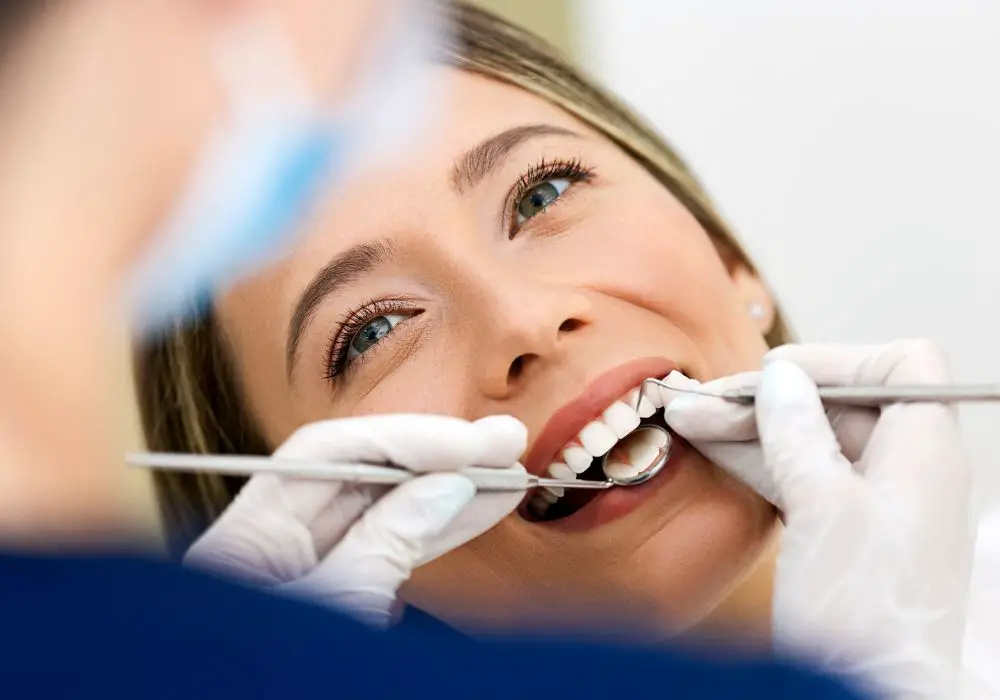
Teeth bonding is another conservative cosmetic treatment that can improve small imperfections through the addition of tooth-colored composite resin material. Here is how bonding compares:
| Teeth Bonding | Teeth Reshaping |
|---|---|
| Adds resin material to teeth | Removes natural enamel |
| Masks flaws with composite resin | Physically alters tooth shape |
| Requires etching teeth | Preserves more natural enamel |
| Resin can stain, chip | Enamel is more durable long-term |
| Costs $200-$600 per tooth | Costs $50-$350 per tooth |
While bonding conceals imperfections with resin overlays, contouring physically alters the real shape of your teeth. Bonding often costs more yet doesn’t last as long as natural enamel does. However, both offer affordable and conservative options for enhancing your smile. Your dentist can advise if one treatment would better suit your particular needs.
Caring for Reshaped Teeth
Once your teeth are expertly reshaped by your dentist, following good oral hygiene habits at home will keep your smile looking its best:
- Brush teeth gently twice a day with a soft-bristled toothbrush and fluoride toothpaste. Avoid abrasive whiteners.
- Floss thoroughly once daily, being careful around contoured areas initially.
- Rinse daily with an antimicrobial mouthwash to freshen breath and prevent gum disease.
- Avoid biting into hard foods or using teeth as tools. This can damage smoothed enamel.
- Wear a nightguard if you grind your teeth to prevent wearing down reshaped areas.
- Get professional teeth cleanings every 6 months to keep teeth smooth.
- Use lip balm and drink water frequently to avoid dry, chapped lips.
With proper care, dental contouring results can last for over 10 years before a touch-up may be desired. Schedule regular dental checkups to keep your recontoured smile looking fabulous.
Does Insurance Cover Teeth Reshaping Procedures?
Since teeth reshaping is considered a cosmetic dental procedure, dental insurance typically does not provide coverage for it. However, if any functional issues like speech impediments or chewing problems are improved with reshaping, some plans may provide a small reimbursement. Many dentists offer in-house savings plans and financing options to help offset the costs of teeth reshaping procedures for patients.
On average, you can expect to pay:
- $50 – $300 per tooth for minor reshaping
- $300 – $1,500 per tooth for more significant contouring
- $1,000 – $5,000 for full mouth corrections
Talk to your dentist beforehand about cost estimates. When performed by a highly skilled cosmetic dentist, teeth reshaping offers an affordable way to enhance your smile line without veneers or orthodontics.
Consult an Expert Cosmetic Dentist

While teeth reshaping is not a complex procedure, the artistry and keen eye for symmetry required means results are highly dependent on the dentist you choose. Meet with an experienced cosmetic dentist for an evaluation to determine if you’re a candidate and which cosmetic procedures could benefit you most.
With thoughtful planning and care, teeth reshaping can give you the stunning, naturally beautiful smile you’ve always desired – discreetly and affordably. This quick cosmetic treatment delivers satisfying, confidence-boosting outcomes without the costs and hassles of veneers or braces. You’ll love flashing your new, improved smile!
Frequently Asked Questions About Teeth Reshaping
Here are answers to some common teeth reshaping questions patients often have:
How long does the procedure take?
Most reshaping procedures take 30 minutes to 1 hour to perform, depending on how many teeth need contouring. You’ll get same-day results at your appointment.
What about tooth sensitivity after?
Since not much enamel is removed, sensitivity after reshaping is minimal. Your dentist will advise if any desensitizing treatment is recommended. Proper oral care helps too.
Can you reverse or redo reshaping?
If desired, veneers or crowns can be placed on top of reshaped teeth in the future to modify results. Recontouring can usually be performed again as well.
Does insurance cover any of the cost?
Unfortunately reshaping is usually considered cosmetic, so insurance won’t provide coverage. Some plans may chip in a little if functional issues are also improved.
How white will my teeth appear after?
No bleaching is performed, so your natural enamel shade is maintained. For maximum whitening, professional or DIY teeth whitening can be done before/after.


